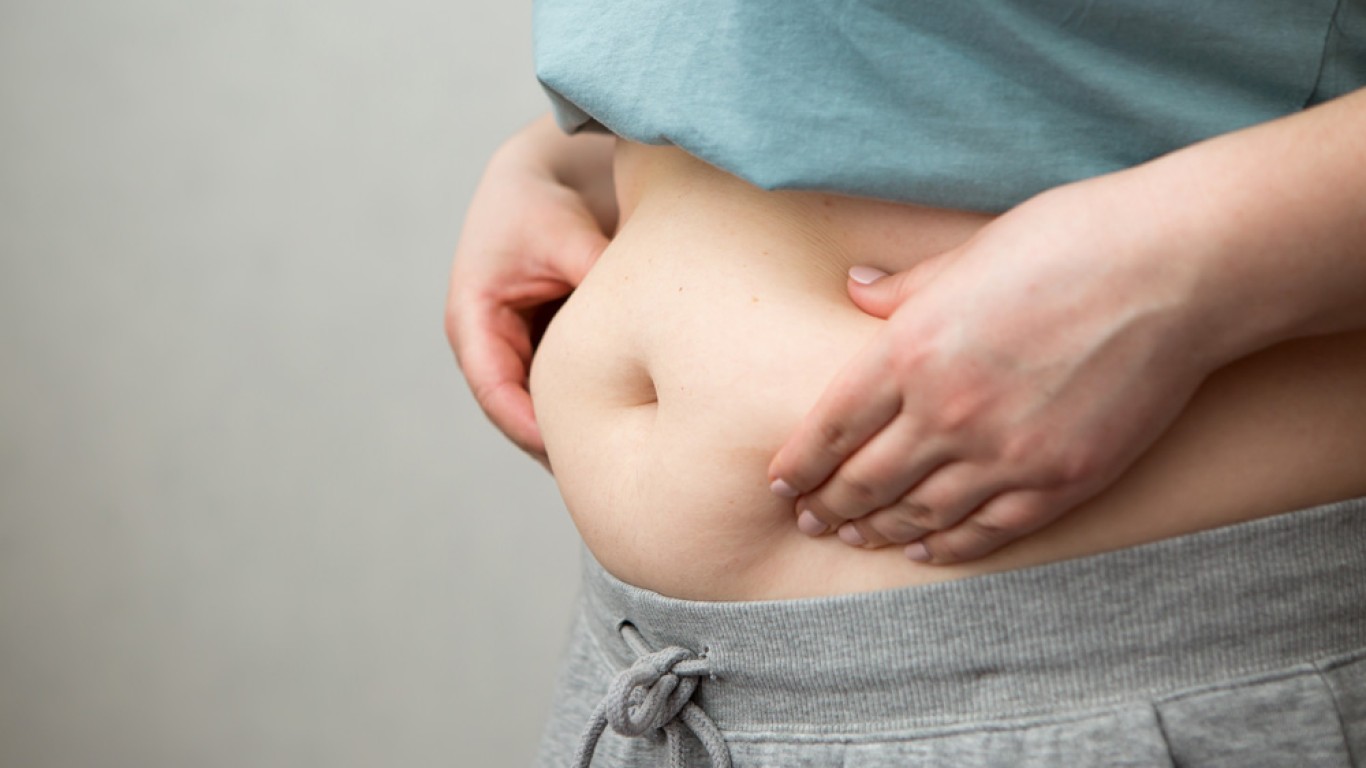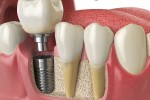Introduction
Gastric bypass surgery can be life-changing for individuals struggling with obesity and related health conditions. However, the success of this procedure depends greatly on proper gastric bypass recovery. Understanding what to expect helps you prepare physically and emotionally for the journey ahead.
This guide covers everything from initial hospital care to long-term lifestyle changes. Whether you're considering surgery or have already scheduled it, knowing what recovery involves is essential. With the right knowledge, you can heal effectively and embrace your new life with confidence.
The First Few Days of Gastric Bypass Recovery
Immediately after surgery, you’ll be closely monitored in hospital for signs of complications. You’ll receive IV fluids, pain relief, and begin moving gently to reduce clot risks. Most patients stay in hospital for two or three days.
During this time, your medical team will encourage breathing exercises and gentle walking. These activities reduce the chance of lung infections and improve circulation. You’ll also begin a liquid diet under strict supervision.
Although discomfort is normal, pain is manageable with medication. Additionally, staff will guide you on how to care for your surgical wounds. Before discharge, you’ll receive clear instructions for home recovery.
The First Two Weeks at Home
Your first two weeks at home are crucial for healing. During this phase of gastric bypass recovery, you’ll continue the liquid diet started in hospital. Clear liquids like water, broth, and sugar-free drinks are best.
Gradually, you’ll move to protein-rich shakes and thin soups. Avoid caffeine, alcohol, and fizzy drinks. Small, frequent sips are recommended instead of large volumes.
Additionally, rest is vital, but short walks every few hours are encouraged. Gentle movement helps prevent blood clots and boosts recovery. Avoid heavy lifting or bending over, and sleep with your upper body slightly elevated.
Gastric Bypass Recovery Diet Progression
Diet changes are central to gastric bypass recovery. Your body needs time to adjust to your smaller stomach. The recovery diet moves through several stages:
Week 1–2: Clear liquids only. Focus on hydration and avoid sugary or acidic options.
Week 3–4: Pureed foods. Smooth, soft textures like mashed vegetables and low-fat yoghurts are introduced.
Week 5–6: Soft solids. Add scrambled eggs, soft fruits, and cooked vegetables. Eat slowly and chew well.
After Week 6: Transition to regular healthy meals with proper portion control and balanced nutrients.
Moreover, you'll need to take vitamin and mineral supplements daily. Your body absorbs fewer nutrients post-surgery, so long-term supplementation is essential.
Gastric Bypass Recovery: Monitoring Weight Loss and Side Effects
Weight loss begins quickly after surgery, often within the first week. Patients can expect to lose 60–80% of excess weight within the first year. However, weight loss varies based on adherence to post-operative guidelines.
Some side effects are normal during Gastric Bypass Recovery. These may include:
- Fatigue
- Nausea
- Body aches
- Feeling cold
- Hair thinning
These symptoms usually subside as your body adjusts. However, persistent or severe issues should be reported to your surgeon. Additionally, regular check-ups will monitor your progress and nutrient levels.

Gastric Bypass Recovery: Exercise and Physical Activity
Gradual movement is essential after gastric bypass surgery. Initially, walking around the house several times a day is encouraged. Avoid stairs and lifting for at least two weeks.
By the fourth week, you can start light exercise like gentle yoga or swimming. Always get medical clearance before resuming higher-intensity workouts.
Regular physical activity supports weight loss and helps build strength. Furthermore, it improves mental wellbeing, boosts energy levels, and reduces stress.
Additionally, forming a habit of daily movement early in recovery lays the foundation for long-term success.
Emotional and Mental Health During Recovery
Gastric bypass recovery affects your mind as much as your body. Many patients experience emotional highs and lows. Changes in eating habits, rapid weight loss, and hormone shifts can trigger mood swings.
It’s common to feel overwhelmed or frustrated during the adjustment period. Seeking support from therapists or support groups can make a big difference.
Additionally, mental health professionals can help you cope with body image changes and emotional eating patterns. Building a strong support network is key to emotional recovery.
Remember, healing is not just physical. It also involves building a new relationship with food, activity, and self-image.
Returning to Work and Routine
Most people return to work within two to four weeks, depending on their job type and healing progress. Office jobs typically allow for earlier returns than physically demanding roles.
When going back to work, ease into your routine. Prepare meals in advance and bring protein-rich snacks. Stay hydrated throughout the day and listen to your body.
Additionally, be open with your employer about any medical follow-ups or ongoing dietary needs. Planning ahead ensures a smoother transition back to daily life.
Long-Term Lifestyle Commitments
Success with gastric bypass recovery requires long-term lifestyle changes. Surgery helps reduce weight, but it’s your habits that maintain results.
Key commitments include:
- Eating small, balanced meals
- Prioritising protein intake
- Taking daily supplements
- Exercising regularly
- Attending follow-up appointments
Moreover, ongoing education is helpful. Many clinics offer access to dietitians, support groups, and wellness workshops.
Avoid returning to old eating habits. Emotional eating, grazing, and sugary foods can lead to weight regain. Staying accountable keeps you on track.
Common Recovery Pitfalls to Avoid
There are several common mistakes people make during recovery. Avoiding them ensures better outcomes.
- Eating too quickly: This can cause discomfort, nausea, or dumping syndrome.
- Skipping supplements: Nutrient deficiencies can develop rapidly post-surgery.
- Overexertion: Pushing too hard too soon may delay healing or cause complications.
- Neglecting mental health: Emotional support is vital for long-term success.
- Ignoring follow-ups: These appointments track progress and catch issues early.
By staying informed and cautious, you maximise the benefits of your surgery and minimise risks.
Conclusion
In summary, gastric bypass recovery is a gradual but rewarding process. From initial hospital care to long-term lifestyle changes, each stage plays a role in your success. By following medical advice, staying active, and focusing on nutrition, you support both your body and mind. It’s also important to set realistic expectations and seek help when needed. This journey can transform your health, energy, and self-image - but only with commitment and care. With the right support, recovery leads to lasting change and a healthier future.
For more information on gastric bypass recovery and to book a consultation visit the ACIBADEM Beauty Center obesity surgery webpage.
Frequently Asked Questions
Most patients feel better within six weeks, though full recovery may take several months.
Yes, weight loss typically begins within the first week and continues steadily for 12–18 months.
Yes, long-term diet changes are essential for maintaining results and preventing deficiencies.
Alcohol should be avoided for at least six months and consumed with caution afterward.
Mild discomfort is common, but pain is usually well-managed with medication and rest.













